As Colorado pushes toward a renewable energy future, rural leaders like Ty Winter say the shift is leaving behind the very workers who helped power the state’s rise—ranchers, coal miners, and oil field workers who now face uncertain futures without a strong voice in Denver.
For Winter, a Republican rancher and funeral home operator in Trinidad, the divide between rural and urban Colorado centers on energy: producing it in rural areas and using it in the cities. He says this production isn’t just economic—it’s part of the rural identity.
“Rural Colorado, for the longest time, we feed, we heat, and we clothe the city,” Winter said. “That’s just all there is to it, and we’re good at doing it. What makes it hard is our jobs are being cut by legislation passed in the Capitol building.”
Winter, who represents Southeast Colorado’s House District 47 and now serves as assistant minority leader, points to legislation like Senate Bill 181—passed after voters rejected drilling restrictions in Proposition 112—as a turning point in the state’s energy policy.
He argues that the state’s transition away from coal, steel, oil, and gas has eliminated jobs without offering realistic alternatives.
Governor Polis: Change Is Difficult, But Necessary
Governor Jared Polis defends the state’s rapid transition to renewables, saying it’s essential for meeting rising energy demand and creating new jobs. He insists that rural Colorado will benefit from renewable energy, since that’s where much of the infrastructure will be built.
“The renewable energy economy has enormous benefits for rural Colorado because that’s where the energy that powers our cities and suburbs is going to be made,” Polis said.
He emphasized opportunities in wind, solar, and emerging technologies like geothermal, despite concerns from communities feeling the loss of traditional industries.
Winter: Rural Colorado Left Behind
Winter remains skeptical, dismissing the state’s Office of Just Transition as ineffective. “My people need those jobs because the legislatures have killed their way to make a living,” he said. “Now, they’ve hooked them on government money like a drug, and they’ve taken their livelihood and their pride away.”
He views federal aid and stopgap solutions as temporary fixes. “A lot of people in rural Colorado realize that this is a Band-Aid that’s going to have to get ripped off,” he said.
Despite being just 200 miles from Denver, Winter says life in Trinidad—a town of 8,300—is a world apart. Pueblo, the nearest city with a population of over 100,000, used to be a steel and manufacturing hub, but many of those jobs have disappeared.
Urban Consumers, Rural Producers
Democrat Adam Frisch, a businessman from Aspen, says Colorado’s urban counties like Denver, Boulder, and Pitkin are the “consumers,” while the rest of the state produces food, energy, and materials. He believes city dwellers often forget what it takes to keep their lifestyles running.
“The food at the grocery store doesn’t come out of aisle five at Whole Foods. The water doesn’t just come out of the tap. And the energy people are living by doesn’t just come out of the outlet in your house,” Frisch said.
He also criticized the Democratic Party’s approach to rural voters. “The Democratic Party has become what I call the ‘shame on you party’… The voter can’t get to the economic policies that are probably better for their family when they feel like they’re being completely disrespected.”
The Case for Nuclear Power
With traditional energy jobs fading, Winter sees nuclear energy as a way to restore rural economic strength and meet the rising power demands of high-tech industries.
“For the longest time, Republicans have been blamed for lining the pockets of oil, and now we’re seeing the same thing—it’s just changed hands,” Winter said. “I think the Dems are lining the pockets of wind and solar. But it’s not baseload power, which we need to run this state.”
Winter supports installing a small modular nuclear reactor at Pueblo’s Comanche 3 coal plant, set to close in 2031. Similar proposals are under discussion in Northwest Colorado, where residents still want to be energy producers.
Bipartisan Support for Nuclear Legislation
In a rare political pairing, Winter and state Sen. Dylan Roberts, a Democrat from Frisco, teamed up to pass House Bill 1040, which classifies nuclear energy as “clean.” Supporters hope it positions Colorado to meet its goal of 100% carbon-free electricity by 2040.
Roberts said many in rural Colorado want to continue contributing to the energy sector. At town halls, he heard from veterans and residents who support nuclear energy and believe new technologies offer safer, more efficient options.
Though the bill doesn’t authorize specific projects, it opens the door for investment in nuclear power across the state.
Nuclear Critics Raise Concerns
Not everyone agrees. Joel Johnston, an environmental attorney based in Denver, says nuclear power poses long-term risks. “The plants that are operating today are generating waste, and there’s no place for that to go,” he said. “It’s all temporary onsite storage.”
He argues that the conversation around “clean” energy often focuses only on carbon, ignoring nuclear’s environmental costs like mining, processing, and waste disposal.
Changing Attitudes in the Energy Debate
Despite the controversy, Roberts said the overwhelming support for the bill in both chambers of the legislature shows that opinions are shifting—even among Democrats.
Frisch echoed the need for a broader understanding of energy. “There are so many Republicans that don’t understand the science of the climate crisis,” he said. “But a lot more Democrats don’t understand the math of how much energy is needed.”
He added, “People in Denver and Aspen use 10 times as much energy per capita than the men and women digging out coal or natural gas.”
As Colorado navigates the path to a carbon-free future, the state’s rural-urban divide over energy, jobs, and identity shows no signs of narrowing—yet some see common ground in unlikely places, from wind farms to nuclear reactors.
This article has been carefully fact-checked by our editorial team to ensure accuracy and eliminate any misleading information. We are committed to maintaining the highest standards of integrity in our content.

Katie is a senior who has been on staff for three years. Her favorite type of stories to write is reviews and features. Katie’s favorite ice cream flavor is strawberry.

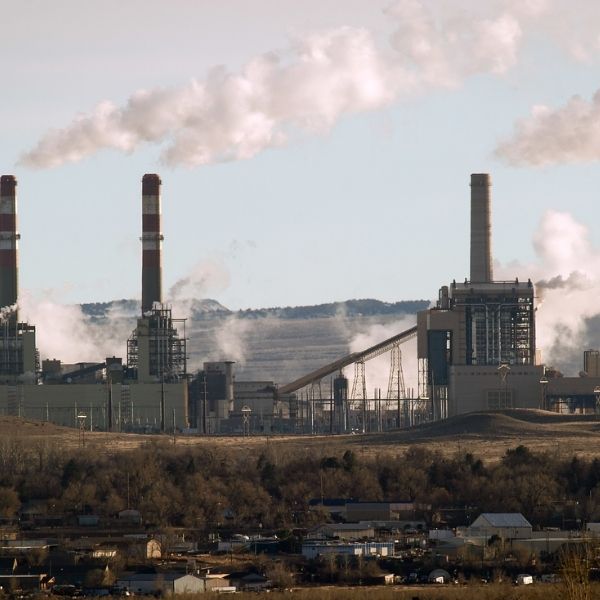




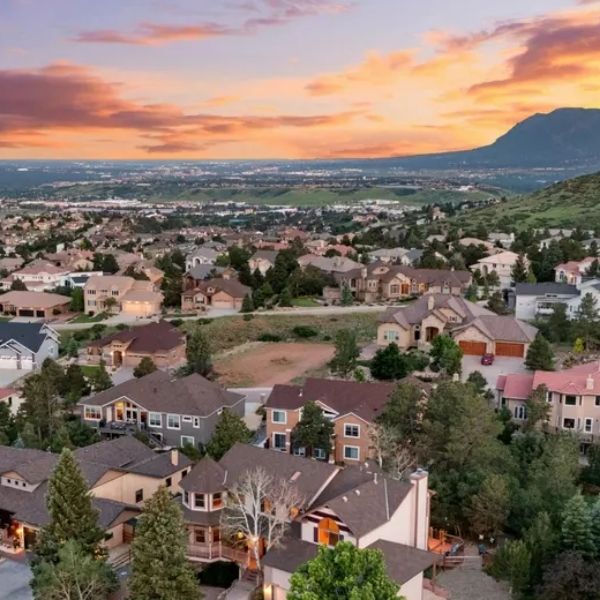
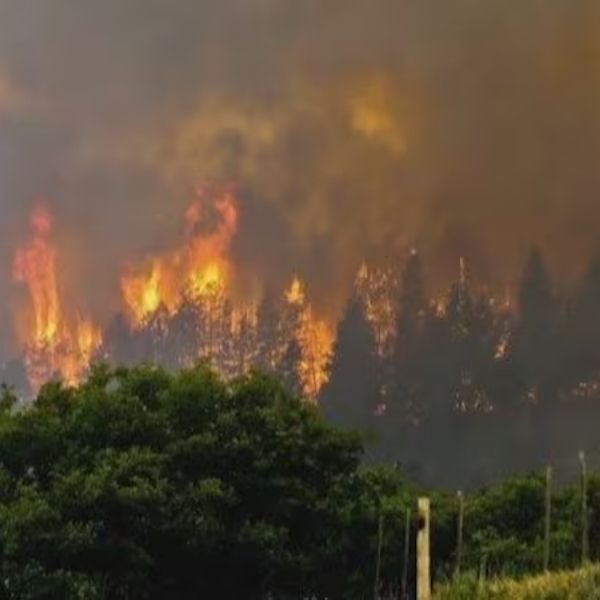


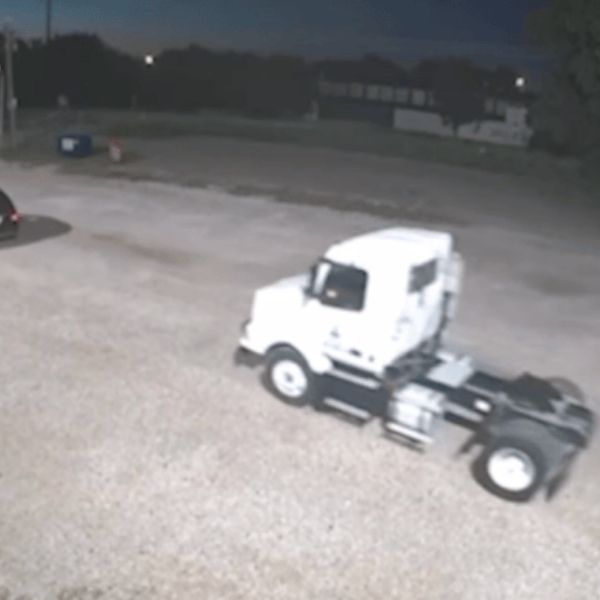
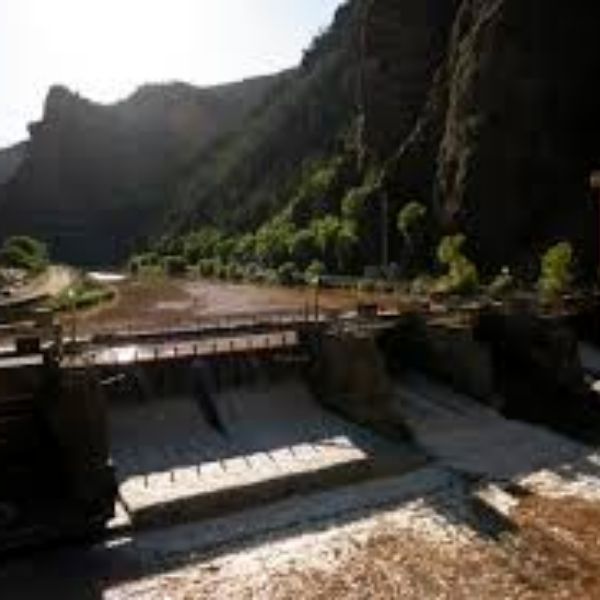



Leave a Reply